If someone you know told you that they’d just come back from the mechanics with a £3,000 repair bill you’d probably think that they’d done something pretty major to their car, like crashing it into a hedge.
But you too could be facing bills that big, or even larger, for simple things like resting your hand on the gear lever or sitting at traffic lights with your clutch pressed in. In fact, we’re willing to bet that many of you reading this sentence right now will have done that on the drive to work today.
Here are seven seemingly innocent driving habits that you probably have, which you had no idea are slowly destroying the car that you drive.
Not using the handbrake in an automatic
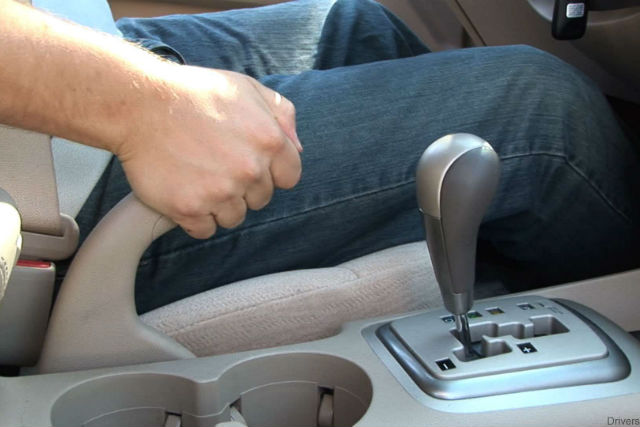
If you own a car with an automatic gearbox, you should always use the handbrake when you’re parked, even if you’re sitting on a level surface and even if you have it in ‘P’ mode.
The reason is that when you put your transmission in ‘P’, the only thing stopping the car from rolling away is a tiny metal pin called a parking pawl, which jams itself into the gears in your gearbox to stop them from moving.
It’s only about the size of your pinky finger and is prone to breaking if it has to bear all the weight of your vehicle. Replacing one can cost as much as £400 or more, so always use the handbrake to even out the stress on your car’s components.
Driving with a low tank of fuel
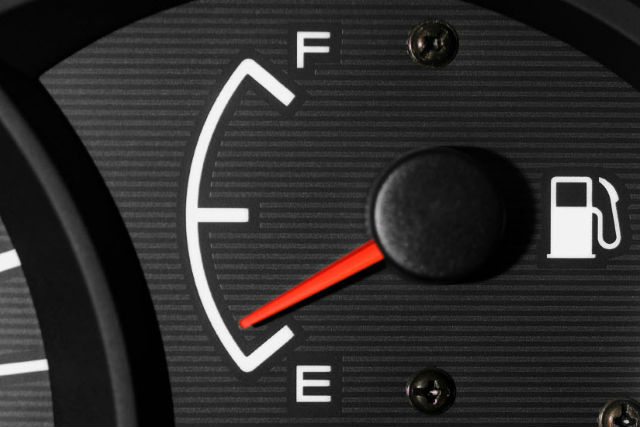
There are two types of driver: those who fill up their car to the brim as soon as they’ve used the tiniest bit of fuel, and those who consistently cruise along on a near-empty tank, throwing in a tenner’s worth as and when needed.
What you mightn’t know is that cruising on empty can damage your car’s fuel system. Many fuel pumps, which pump fuel from the tank to the engine, keep cool by staying submerged in the fuel inside the tank.
If you regularly run on a quarter tank or less, the fuel pump can overheat which will mean it’ll need replaced much earlier than usual. Depending on your car, fuel pump replacements can cost up to £500 or more.
Resting your hand on the gear shifter
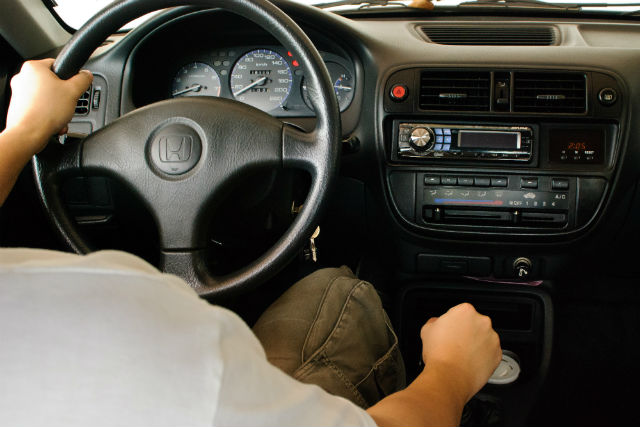
If you drive a manual car, it feels natural to leave one hand on the wheel and the other on the gear knob particularly when you’re rowing through the gears on a tight and twisty country lane.
Unfortunately, this is a habit which is pretty harmful to your car. The reason is that the weight of your hand can push the shifter into a position where the transmission bushings and synchronizers will faintly wear against each other.
As we stated before, gearbox fixes are pricey things and in any case it’s always better to keep both hands on the wheel at all times. You mightn’t think it looks as cool but hey, it’s how the racing drivers do it…
Shifting from forwards to reverse while still rolling
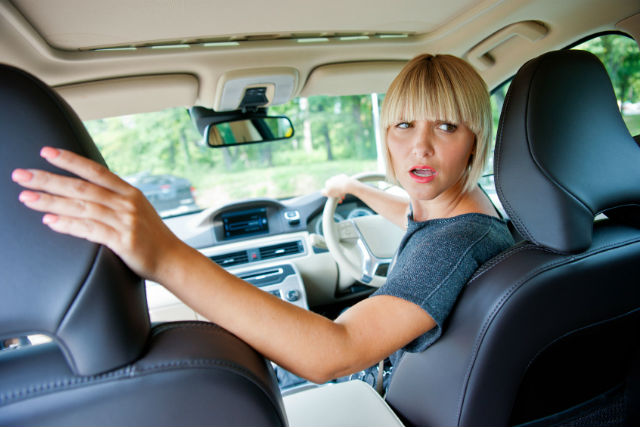
You’ve probably done this before when backing out of a parking space. The coast is clear so you flick your car into first gear while still rolling backwards and take off in one smooth motion.
It mightn’t seem so bad, but over time shock direction changes can seriously harm your car’s gearbox. All mechanical parts are built with clearances between moving parts, but sudden changes in direction while the parts are moving in opposite ways will cause them to crunch into each other.
To avoid damage you should always come to a complete stop before you change from reverse to forwards and vice versa. Gearboxes are expensive and replacements can cost anywhere from £1,000 to £3,000 depending on how damaged yours is.
Keeping the clutch in while stationary
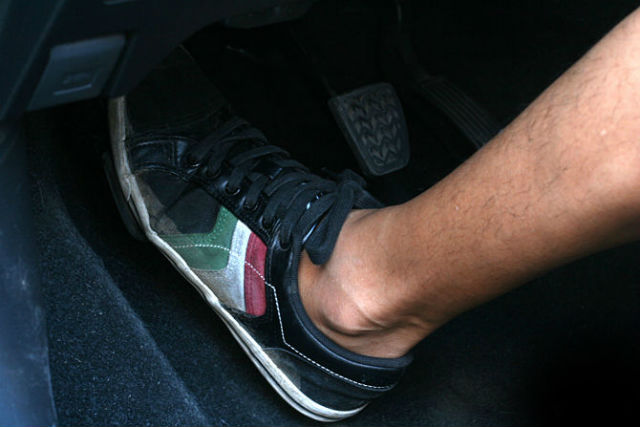
Lots of manual drivers are also guilty of this. You’re at traffic lights, you select first gear and keep the clutch pressed to the floor, ready to lift off as soon as the light turns green or inch forward with the traffic.
However, this places a lot of wear on your clutch components, particularly on the throw-out bearing and pressure plate. The same goes for anyone who holds their car on a hill using the clutch instead of the handbrake, which causes unnecessary friction and will burn your clutch out fast.
Instead, keep your car in neutral and just let the clutch out. It’ll only take a second to select first when it’s time to move, and it could save you as much as £300 or more in clutch replacement bills.
Revving before the engine has warmed up
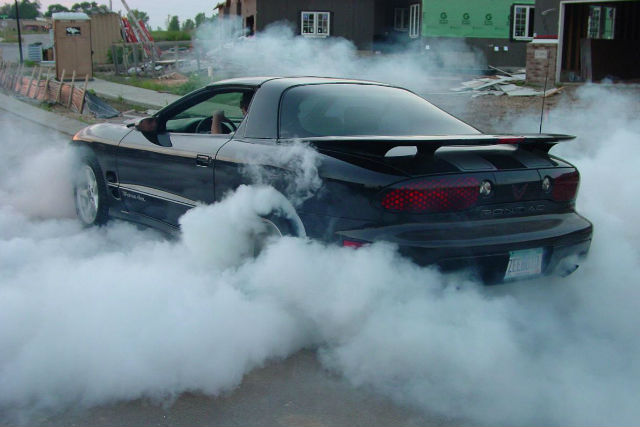
There’s a lot of debate these days about whether a car needs to properly ‘warm up’ before you drive it. Certainly, modern engines heat up and distribute oil around their parts much more quickly than older ones, but you should still be careful for the first couple of miles.
The reason is that your car and engine is designed to work at a specific operating temperature. Driving hard before your car has warmed up, or revving hard, can cause abrupt changes in temperature between components, damage parts and take thousands of miles off the car’s lifetime.
Particularly bad cases won’t be able to be fixed without an entire engine rebuild, which can often cost more than the entire car’s worth. Simply give it a few seconds to heat up and avoid driving at ten-tenths for the first few miles to avoid problems.
Accelerating hard, braking hard
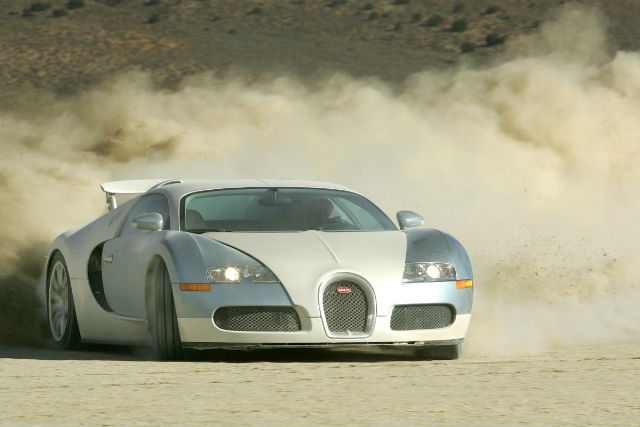
One of the first things you’ll be told when you take your driving lessons is that smoothness is key, but it’s amazing how many drivers you see on the roads accelerating hard and then having to slam on last-minute.
We’ll hold our hands up and admit that we’re partial to the odd full-throttle blast on an open road, but flooring it and then having to break will cost you in terms of fuel and will also wear out your brake rotors and pads much quicker.
Replacing brake components aren’t the most expensive fix on this list by far, but they’re consumables and will need regular replacement throughout your car’s lifetime. Why not reduce how often this happens just by taking it a bit easier now and again?



